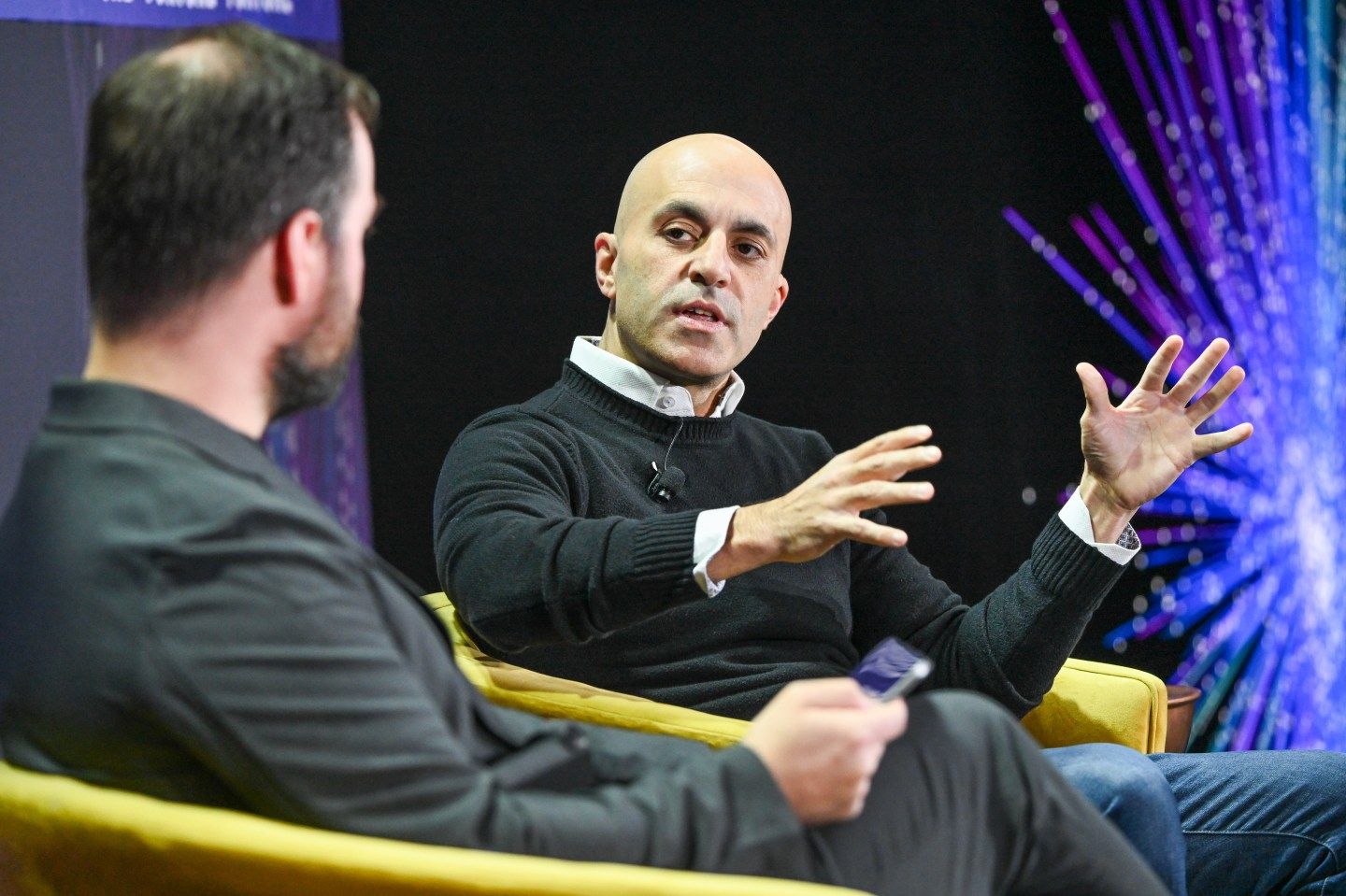It’s that week—IPCC report week. The Intergovernmental Panel on Climate Change, a United Nations group, released its latest report on Monday, which said that it is “unequivocal” that human influence has warmed the earth. Now, with the scientists standing firm, and huge stretches of the world flooding or on fire, the countdown to COP26 this November begins.
How are you feeling?
If you’ve been watching climate science develop over the last several years, you might be feeling a grim lack of surprise—after all, the report is a huge compendium of already published climate research. If you haven’t been watching that closely, your reaction might be shock. Analysts and journalists and executives are still digging through the thousands of pages in the report, but two takeaways have already stuck: some of the changes to our climate are likely already permanent, and we have even less time than we thought to wipe out the world’s emissions.
One of the points a lot of the scientists watching the report have emphasized is the change in wording. It might seem obvious, but the statements about the certainty of the link between climate change and human activity in this IPCC report are new.
On the excellent podcast Outrage + Optimism, co-hosts Christiana Figueres, Tom Rivett-Carnac and Paul Dickinson (we’ve talked to two of the three—architects of the Paris Agreement—at Coins2Day before), asked a past contributor to the IPCC to put that shift in context.
“What’s impressive about the report is how strident it really is,” said Michael E. Mann, director of the Earth System Science Center at Penn State University. He pointed out that it had to survive not just scientific consensus, but politicians.
“This is as close as you’re ever going to see to watching the scientists of the world screaming at the top of their lungs from the top of the tallest building,” Mann added.
Mann is not alone—we talked a few weeks ago about Al Gore saying more or less exactly the same thing—in pointing out that climate action by governments and companies is now moving faster than he’s ever seen it move before. Suddenly, thankfully, there is real, substantial progress. But there are gaps: gaps not just in what governments collectively are committing to do about achieving net zero emissions, but also gaps between what they’re targeting and the investment and timescale they’re actually allocating to get the job done.
It’s kind of like committing to run a (very, very, very high stakes) marathon—and then, every week, you stick with a 10k. It’s better than the 5k you ran last year—but unless you step it up, it’s not going to get you where you need to go.
Katherine Dunn
– [email protected]
@katherine_dunn
CARBON COPY
Carbon per can
Ah, carbon math. It's the nitty gritty of finding out exactly how much carbon was emitted in the creation of that can of Coca-Cola–or any number of other products. And as companies rush to reduce their CO2 emissions, they're finding out just how hard it is to discover, and agree on, what those emissions look like in the first place—and how they should be rated on ESG metrics. WSJ
'Carbon neutral' gas?
Can an environmental project in Zimbabwe offset a tanker of liquid natural gas, therefore rendering it "carbon neutral"? Well, no—say both critics and experts who worked on the offset project. "This puts on display an uncomfortable truth about the global climate movement: powerful multinational companies can essentially outsource the cleanup of their pollution to faraway places in need of help for a fraction of their profits," the reporters say. Bloomberg
The storm after the storm
In this story about the aftermath of a destructive derecho in her home state of Iowa, Coins2Day's Erika Fry dives into the struggles of local residents who are fighting for byzantine insurance companies to actually provide the help to repair roofs and farms that they've been paying to cover for decades. In the age of natural disasters, it's a look at what it actually takes to repair and rebuild. Coins2Day
German floods
This gripping story from the New York Times tracks the fallout of devastating, deadly floods on a small German wine-making village, and the locals' past confidence that climate change wouldn't hit so close to home. Now, they're examining all the little ways that productivity and short-term gains—from the drainage systems to the way the vines are positioned—triumphed over the choices that could have made the region more resilient. New York Times
IN CASE YOU MISSED IT
We need to build infrastructure for our grandkids, not our grandparents by Scott Jacobs
The IPCC climate report offers dire warnings—and a last, best chance to minimize the damage by Eric J. Lyman
EV sales are booming just about everywhere—except the U.S. By Christiaan Hetzner
'Flood wine' anyone? German vintners sell salvaged bottles of mud-encrusted Pinot Noir to raise funds by Christiaan Hetzner
China's latest floods puts its climate friendly 'sponge cities' to the test by Eamon Barrett
Synthetic biology could help business save the planet by Françoise Candelon, Matthieu Gombeaud, Georgie Stokol
CLOSING NUMBER
An estimated 1 million plastic bottles reach the ocean every minute—but however many there are, there's enough now to form their own complex ecosystem: the "plastisphere." "In the plastisphere there are organisms that photosynthesise; there are predators and prey; symbionts and parasites," Russell Thomas writes in the Guardian. And while before it included plastic-eating organisms, we now know it can include other, larger species, including crabs and jellyfish.











